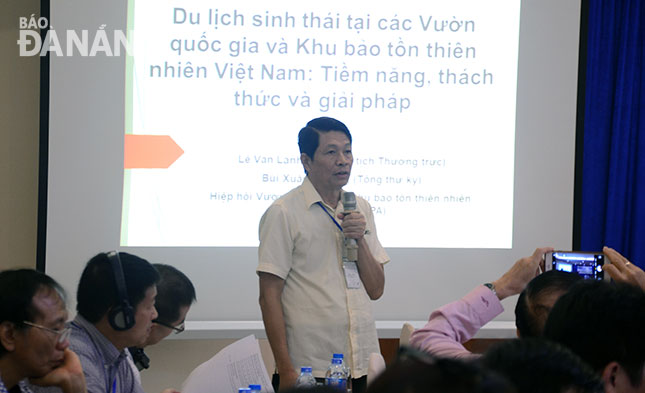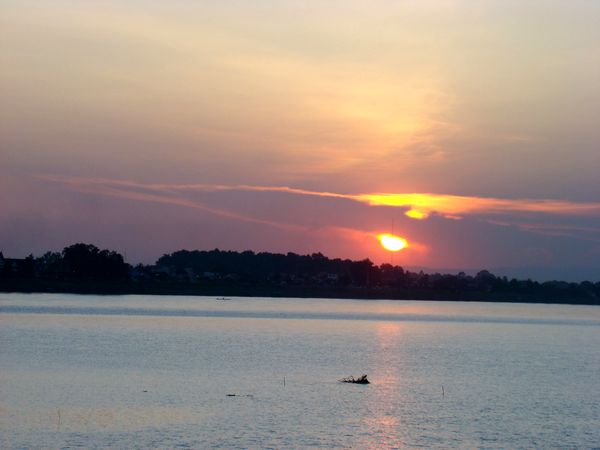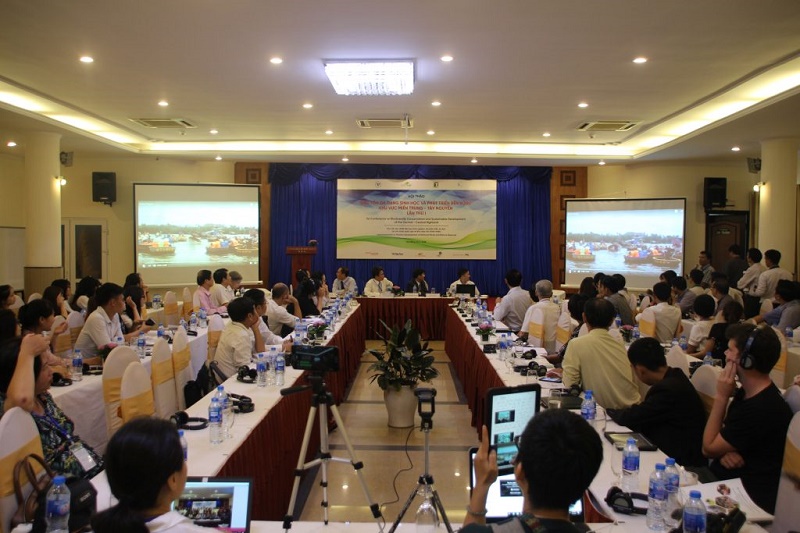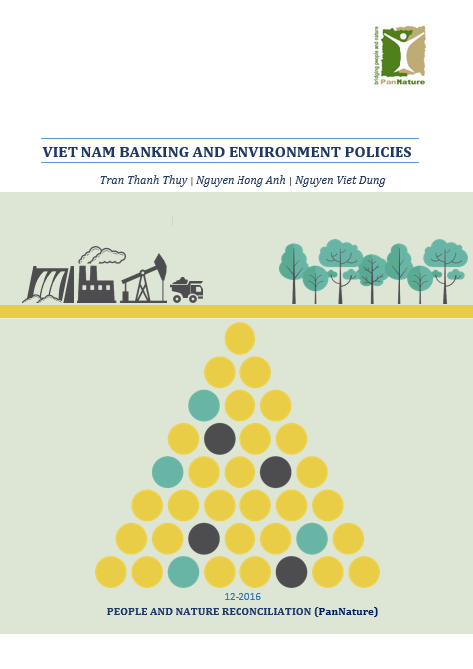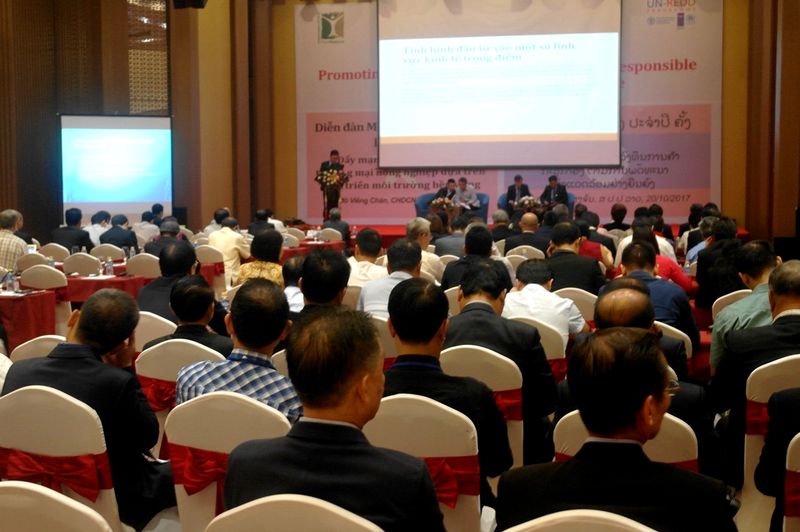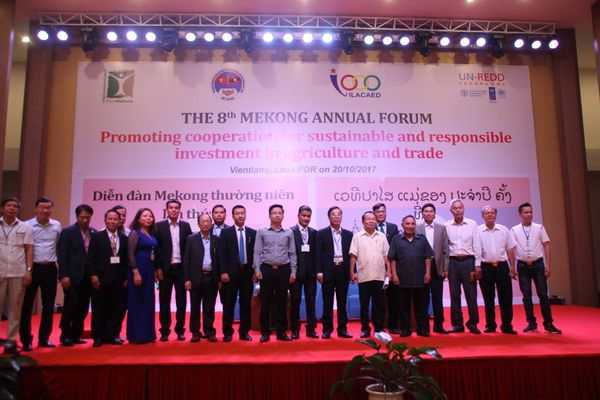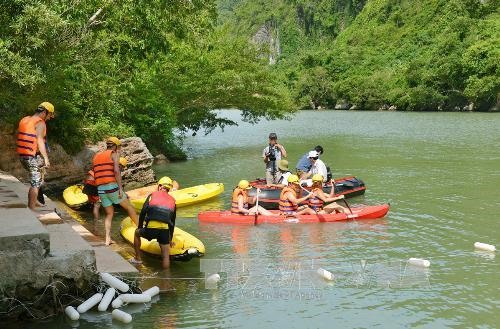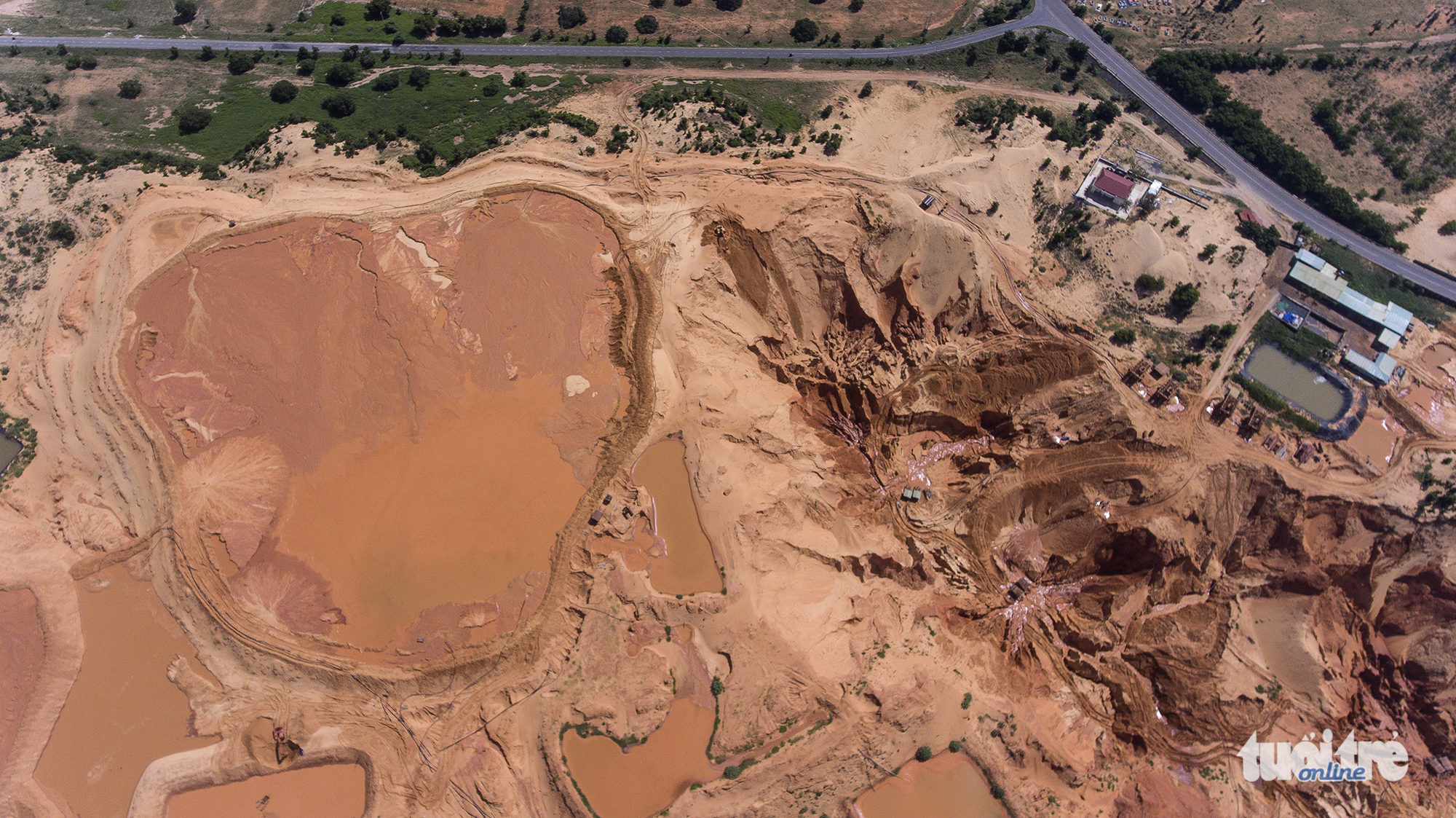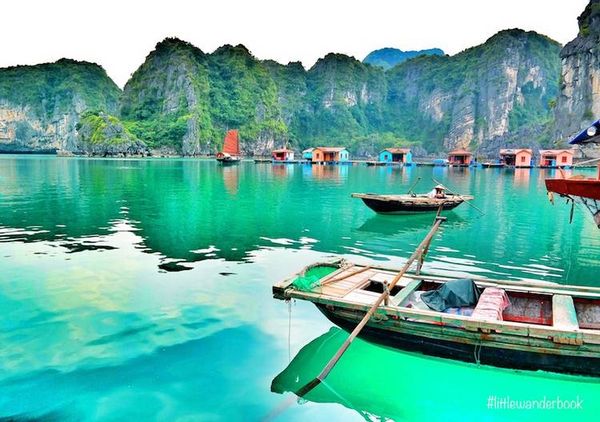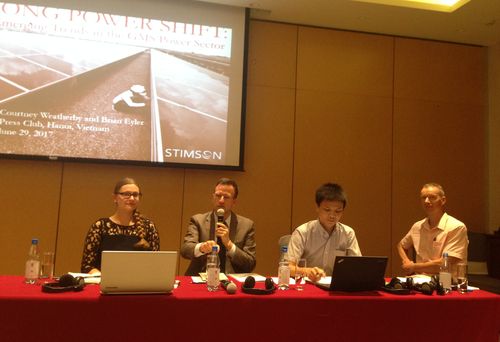Suggested ways for sustainable tourism development in Son Tra Peninsula
Last Saturday, the 1st international workshop on biodiversity conservation and sustainable tourism development in the central region and highlands took place in Da Nang.. It was jointly organised by the municipal Union of Science and Technology Associations, the Nuoc Viet Xanh (GreenViet) Biodiversity Conservation Centre, the Centre for Humans and Nature (PanNature), and the Environment and Biological Resource Teaching Research Team of the Da Nang University (DN-EBR).

